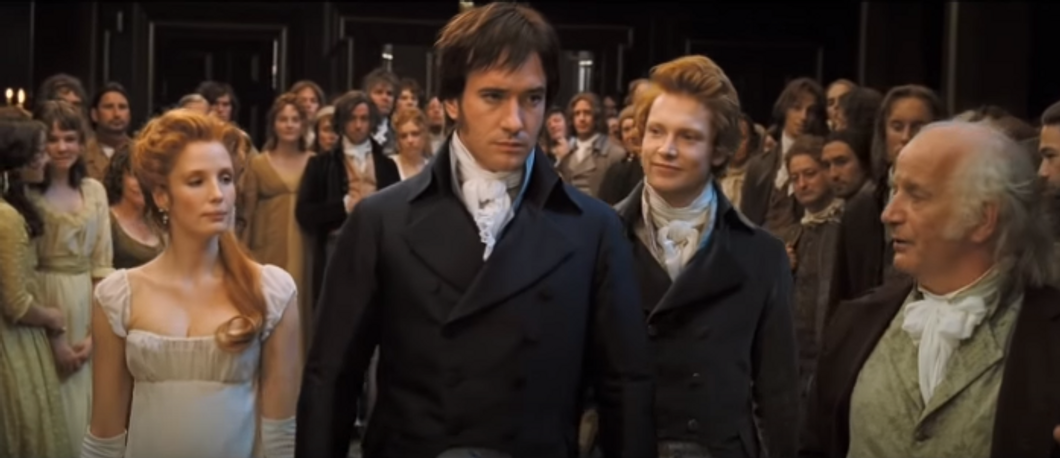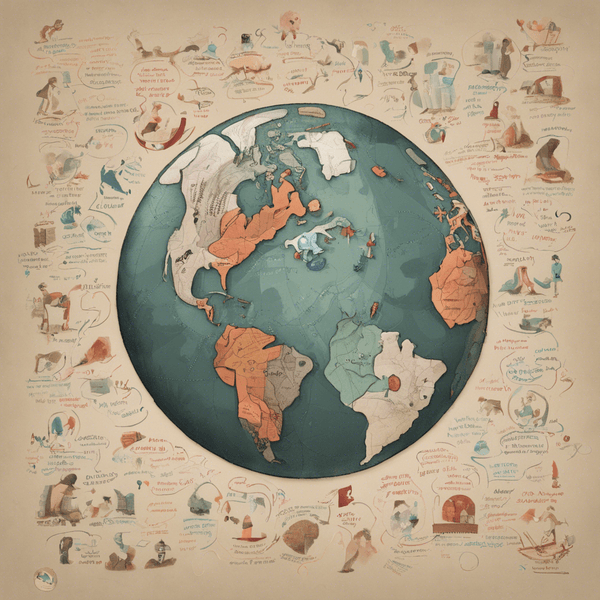One of my all-time favorite, classic novels is "Pride and Prejudice," by Jane Austen. In the time and place for which it was written, its progressive ideals illustrated by its main characters, Elizabeth Bennet and Mr. Darcy, can still be applicable today. As Elizabeth and her four sisters were of and nearing a marriageable age, their parents and the rest of the respectable society were waiting for them to be molded into "perfect" and "accomplished" women. This meant, that in order to receive a proposal from a prospective husband, they'd have to be knowledgeable in the arts, speak multiple languages, and have eloquent mannerisms in order to please almost everyone, but herself.
Elizabeth, however, had the ability to see through such ideals of conformity, and above all else, wanted to stay true to herself and her values. Proficient in few tasks and known for her sharp tongue, she created a reputation for herself which stood out among the others, enough for her mother to fear that no eligible suitor would ask for her hand. Enter, Mr. Darcy, a man of the highest class and socioeconomic status, every woman's dream. Every woman except Elizabeth. You see, contrary to popular opinion in early 1800s English countryside, she wanted more out of a marriage than financial stability. She wanted a man who was her equal in wit, conversation, and compassion.
She was quick to judge him and he was unable to get off his high horse, creating a heated combination leading up to Mr. Darcy's proposal. It was extremely unromantic, to say the least, and Elizabeth's rejection of him was his first step in acknowledging his arrogance and challenging his pride. Though at first he is appalled to love someone who his so "beneath" him in status and familial relations, he realizes that his true equal lies in Elizabeth's character. He loves her for intelligence, rationality, and judgment, and he loves her despite her vocal nature. By the end, both the lovers and the audience realize how thoroughly and perfectly they complement each other, in a way the other relationships in the novel don't.
Because of this, I wondered if and how Mr. Darcy would change if he was placed in today's time period. In the book, Elizabeth never mentioned wanting to pursue a career before or after marriage, but my guess would be that with her personality, she would definitely go far in the field she would choose. Would Darcy be accepting of that? Furthermore, would he be proud and support her in whatever path she chose? Of course, with his money and standing, Elizabeth would never have to work a day in her life, but the question still remains. I choose to believe, given his decisions in the novel, especially after the proposal, he did what he needed to make Elizabeth happy and seemed resolute in continuing to do so. As for his dealings with high society, though it took some time, his love for her overcame the fact that she was from a lower class. Since then, equality between a man and a woman has traveled farther than their responsibilities solely in marriage. The situation is far more advanced and complicated, but the question still remains: Could Mr. Darcy, a true gentleman, be a modern-day feminist?

















